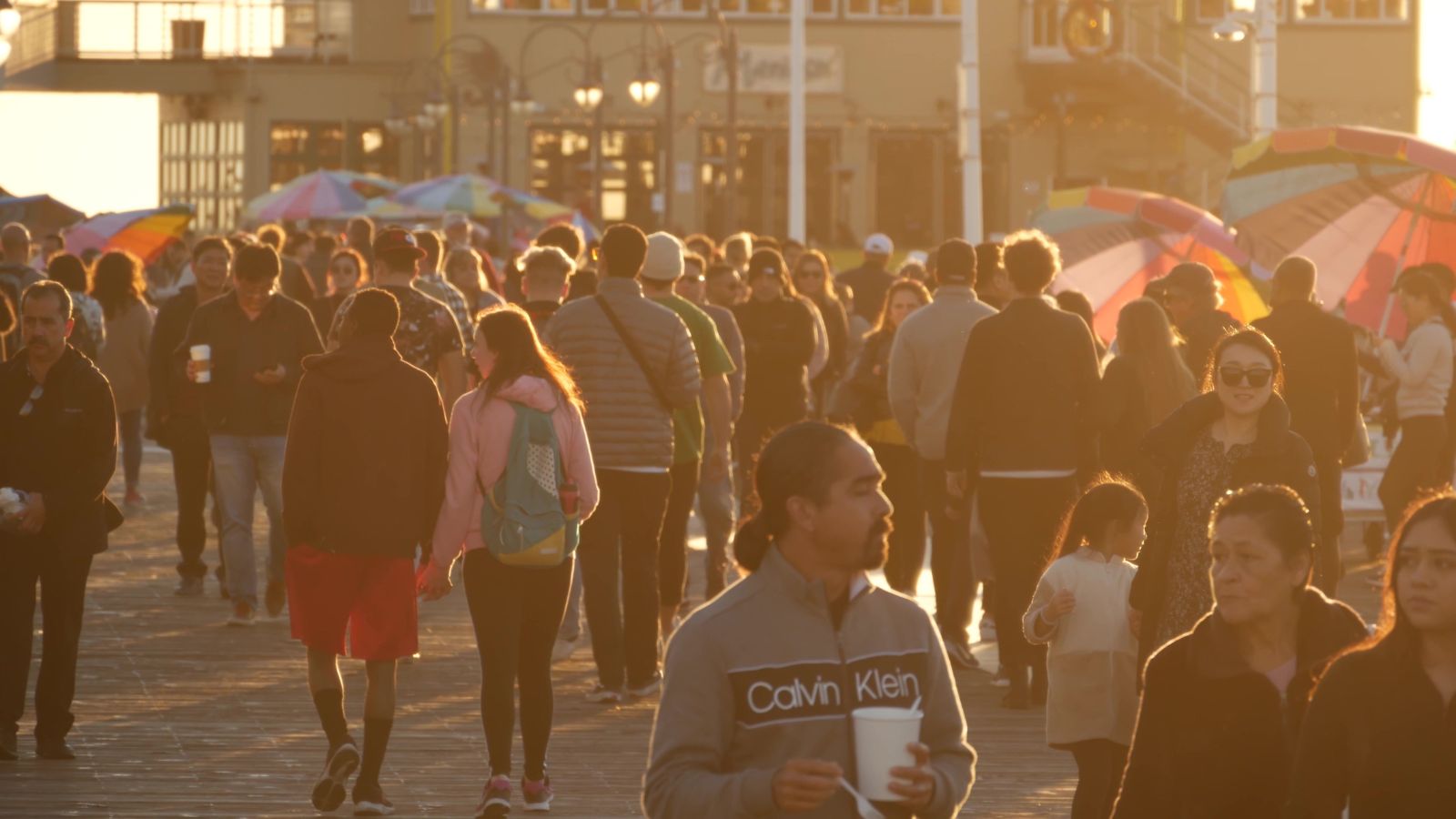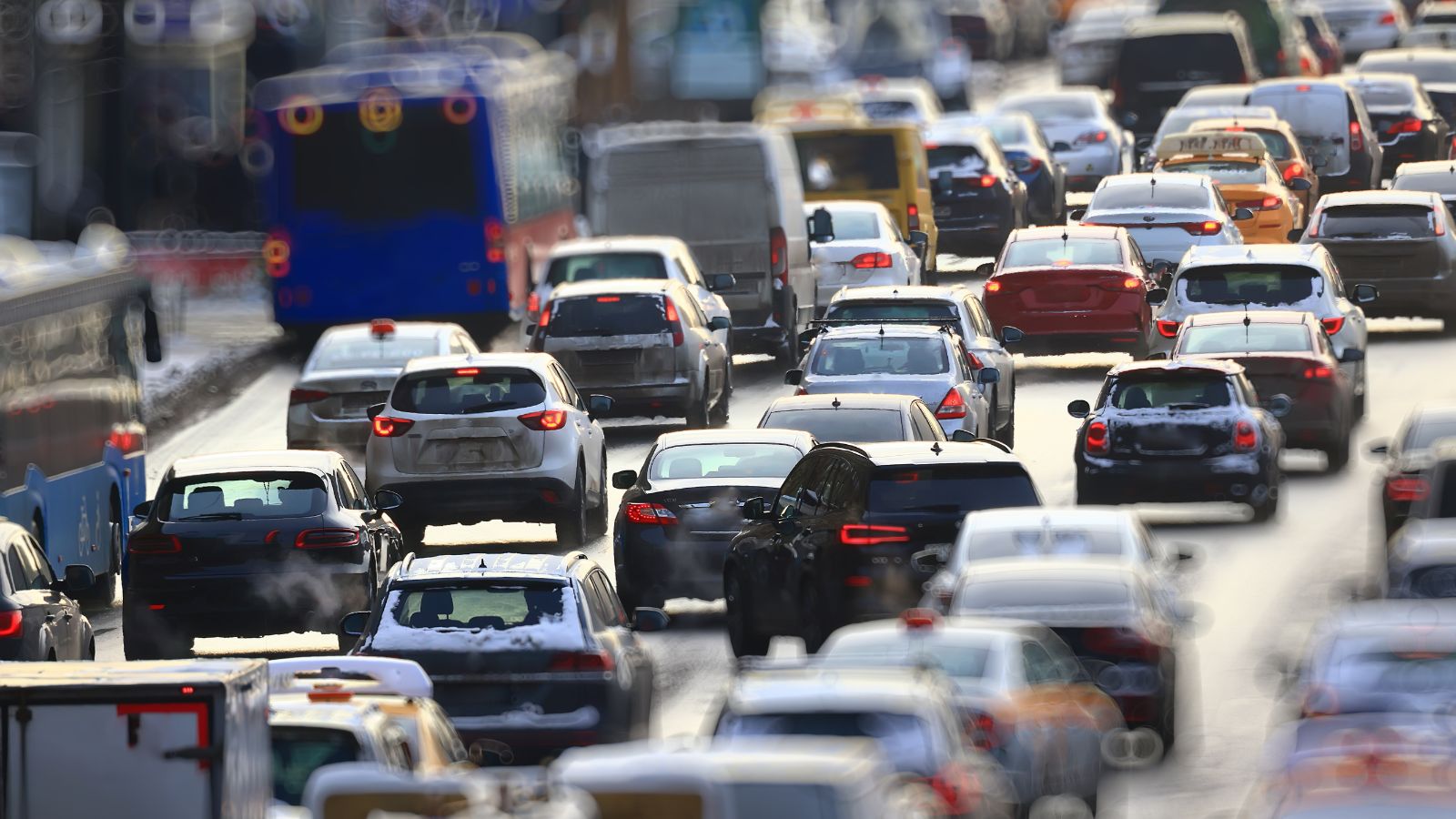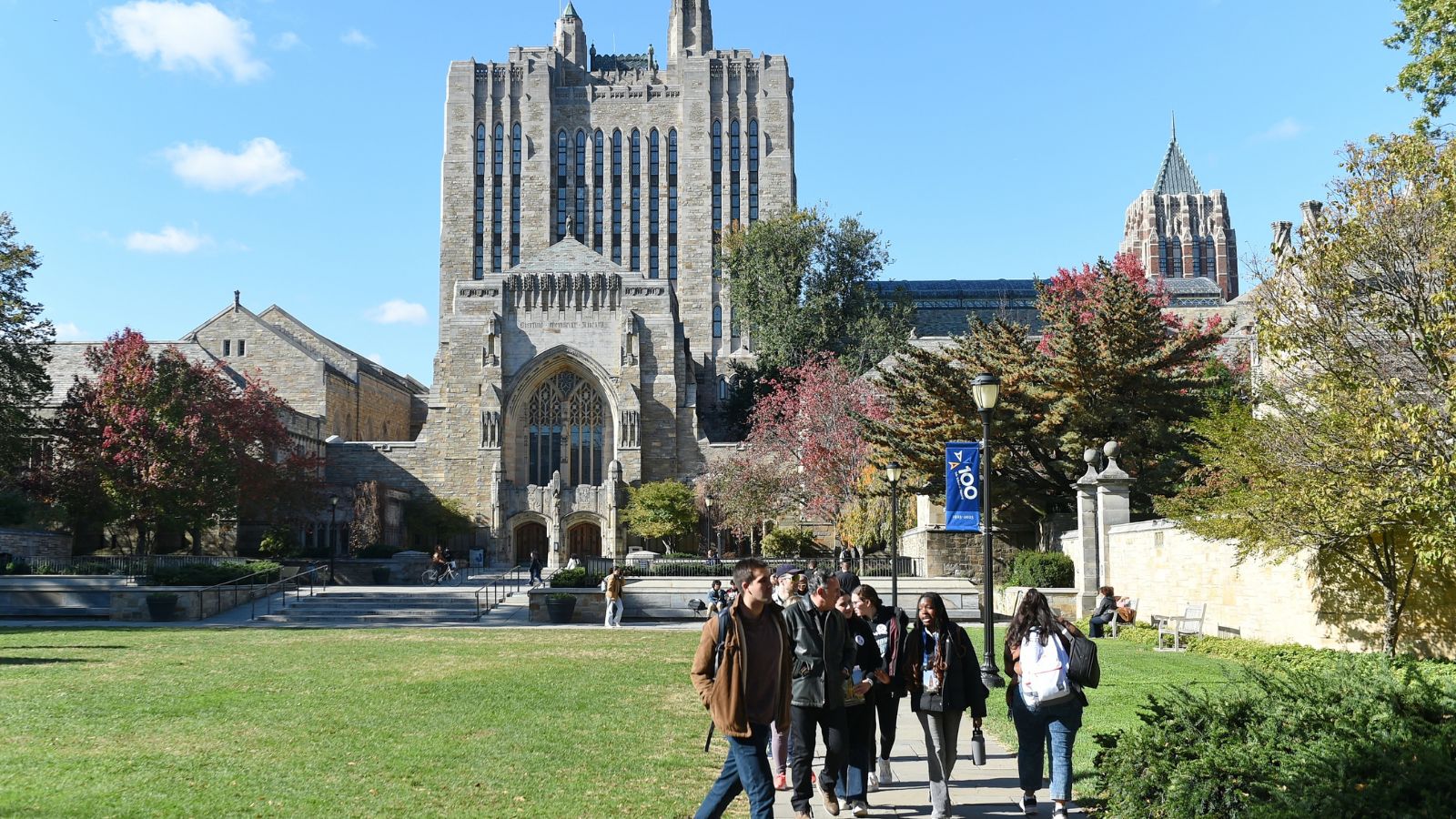For years, major cities were the ultimate dream—bright lights, endless opportunities, and a vibrant energy that promised a life of excitement. But times are changing, and many people are turning their backs on the urban hustle for something simpler, quieter, and more fulfilling. Whether it’s skyrocketing costs, overcrowded streets, or the longing for space and nature, many decide that city living isn’t worth it anymore.
Here are 18 eye-opening reasons why more people are packing their bags and leaving the city behind.
The Cost of Living Is Out of Control

Let’s face it—living in the city isn’t cheap. Rent keeps climbing, groceries cost a fortune, and even grabbing coffee feels like a splurge. For many, the numbers don’t add up anymore. Suburban and rural areas, where your dollar stretches further, look more appealing.
It’s Just Too Crowded

Cities are busy—sometimes too busy. Crowded sidewalks, packed subway cars, and endless lines can leave anyone claustrophobic. The suburbs or countryside offer a welcome change for those craving more breathing room.
Traffic Is a Daily Nightmare

You know the frustration if you’ve ever spent hours stuck in city traffic. The honking horns, endless delays, and wasted time can wear you down. In smaller towns, commutes are shorter, and life moves more easily.
Pollution Is Taking a Toll

City air isn’t the freshest, and the constant noise doesn’t help either. Poor air quality can lead to serious health problems, while the never-ending buzz of traffic and construction makes it hard to find peace. For many, moving somewhere quieter and cleaner feels like a no-brainer.
There’s Not Enough Green Space

Nature lovers often feel stifled in the concrete jungle. Parks are few and far between, and when you find one, it’s usually crowded. Suburbs and rural areas, with their wide-open spaces and easy access to nature, provide the greenery city dwellers are missing.
Safety Concerns Are Growing

Feeling safe in your neighborhood is an essential aspect of daily life that cannot be compromised. Unfortunately, in numerous cities across the country, increasing crime rates are leaving residents feeling anxious and vulnerable. This alarming trend has led to a growing concern among families, who prioritize the security and well-being of their loved ones above all else. These families want to live in neighborhoods where they can confidently allow their children to play outside, walk to school, and interact with neighbors without fear.
The Infrastructure Is Falling Apart

Common gripes for city residents are broken roads, unreliable public transport, and aging utilities. It’s frustrating to deal with constant maintenance issues, and many smaller towns offer newer, better-maintained infrastructure.
High Taxes Leave Little Room to Breathe

City living can be financially burdensome due to high property and sales taxes. These taxes can significantly increase monthly expenses, especially in booming urban areas. For those looking to save money or stretch their budgets, locations with lower tax rates are highly attractive. Such areas allow individuals to keep more of their income while still enjoying many of the benefits of city life.
The Pandemic Changed Everything

The COVID-19 pandemic was a turning point for many. Suddenly, those tiny city apartments didn’t feel so charming. Remote work became the norm, and people realized they could live anywhere—so why not choose somewhere with more space and fewer crowds?
Life Is Just Better Outside the City

There’s something about the slower pace of life in smaller communities. Neighbors know each other, stress levels drop, and people have more time to focus on what matters. For many, this shift in priorities has made city living feel less essential.
Better Schools for Families

Education is a top priority for many parents, and they often find that suburban and rural schools offer advantages like smaller class sizes and better resources. These schools typically provide more individualized attention and access to updated facilities and programs. Higher ratings further enhance their appeal, leading many families to choose suburban life over the city’s hustle for their children’s education.
Remote Work Makes It Possible

The rise of remote work has changed how people choose where to live. With the ability to work from anywhere, many opt for homes that reflect their desired lifestyle instead of being close to their office. This trend has led to a growing number of individuals leaving the hustle and bustle of city life for quieter, more peaceful settings that align with their values and preferences.
Changing Social Priorities

City nightlife, concerts, and cultural events were once huge selling points. But now, many people find fulfillment in simpler activities—like hiking, gardening, or spending time with loved ones. The glitz of urban life just isn’t as appealing as it used to be.
Tourists Make Everyday Life a Hassle

Living in a tourist hotspot sounds fun—until you’re constantly dealing with crowds, noise, and inflated prices. Over-tourism has made some cities feel less like home and more like a never-ending attraction.
You Get More Space for Your Money Elsewhere

Why pay a fortune for a tiny apartment when you could have a spacious home with a yard? Suburbs and rural areas offer larger properties at a fraction of the cost, making them a no-brainer for families and anyone looking to stretch out.
It’s Easier to Stay Healthy Outside the City

Fresh air, outdoor activities, and less stress—living outside the city can greatly boost mental and physical health. No wonder so many people are trading in urban living for a healthier lifestyle.
Technology Has Made It Easier to Move

With reliable internet, online shopping, and virtual healthcare, you don’t need to live in a city to access modern conveniences. Technology has leveled the playing field, making life in smaller communities as comfortable as city living.
Priorities Are Changing

People today focus more on what truly matters—mental health, sustainability, and work-life balance. For many, city living doesn’t align with these values anymore. Smaller towns and rural areas offer the simplicity and peace they seek.
Conclusion

Leaving the city is not easy; it represents a significant lifestyle change. However, many individuals feel that this change is necessary. Whether motivated by the search for affordability, safety, or a better work-life balance, people are discovering that life outside the city has much to offer.
The question has shifted from “Why leave the city?” to “Why stay?” The answer is clear for an increasing number of people: it’s time to move on.
Quotes are not sourced from all markets and may be delayed up to 20 minutes. Information is provided ‘as is’ and solely for informational purposes, not for trading purposes or advice.Disclaimer
25 Countries Predicted to Become Economic Superpowers in the Next 20 Years

The strength of an economy plays a crucial role in various international policies about trade and relations. Certain factors determine the strength of an economy, including population growth, availability of resources, and development and advancement. Here are 25 countries predicted to become economic superpowers in the next 20 years
25 Countries Predicted to Become Economic Superpowers in the Next 20 Years
